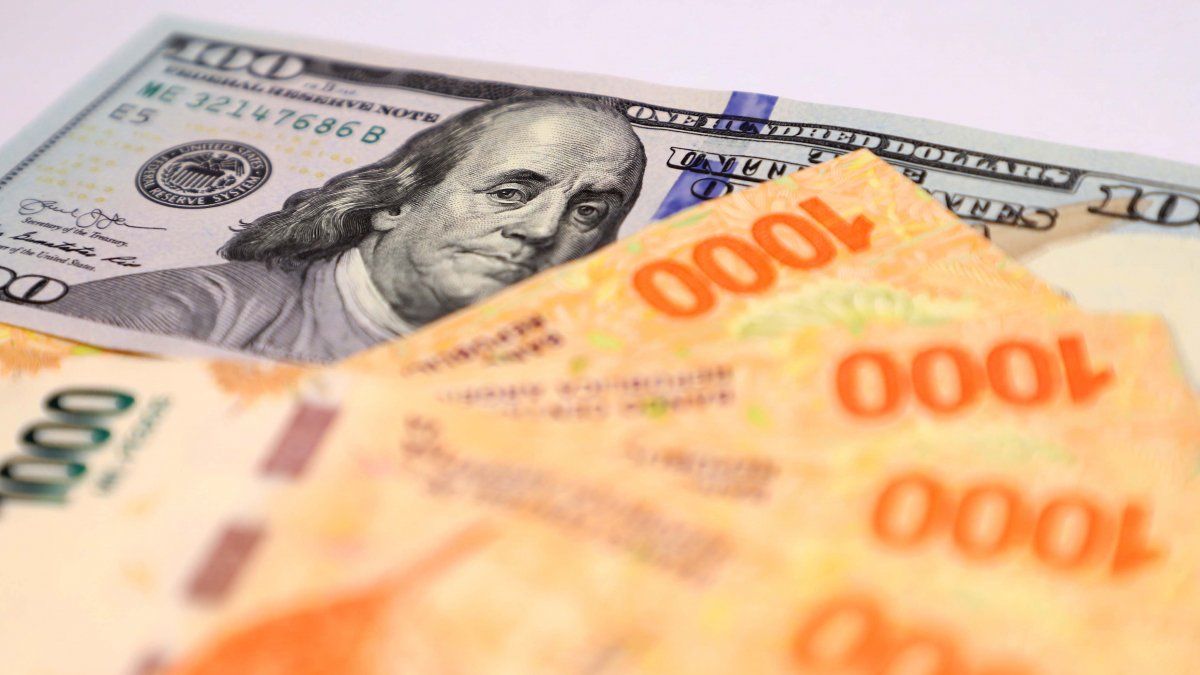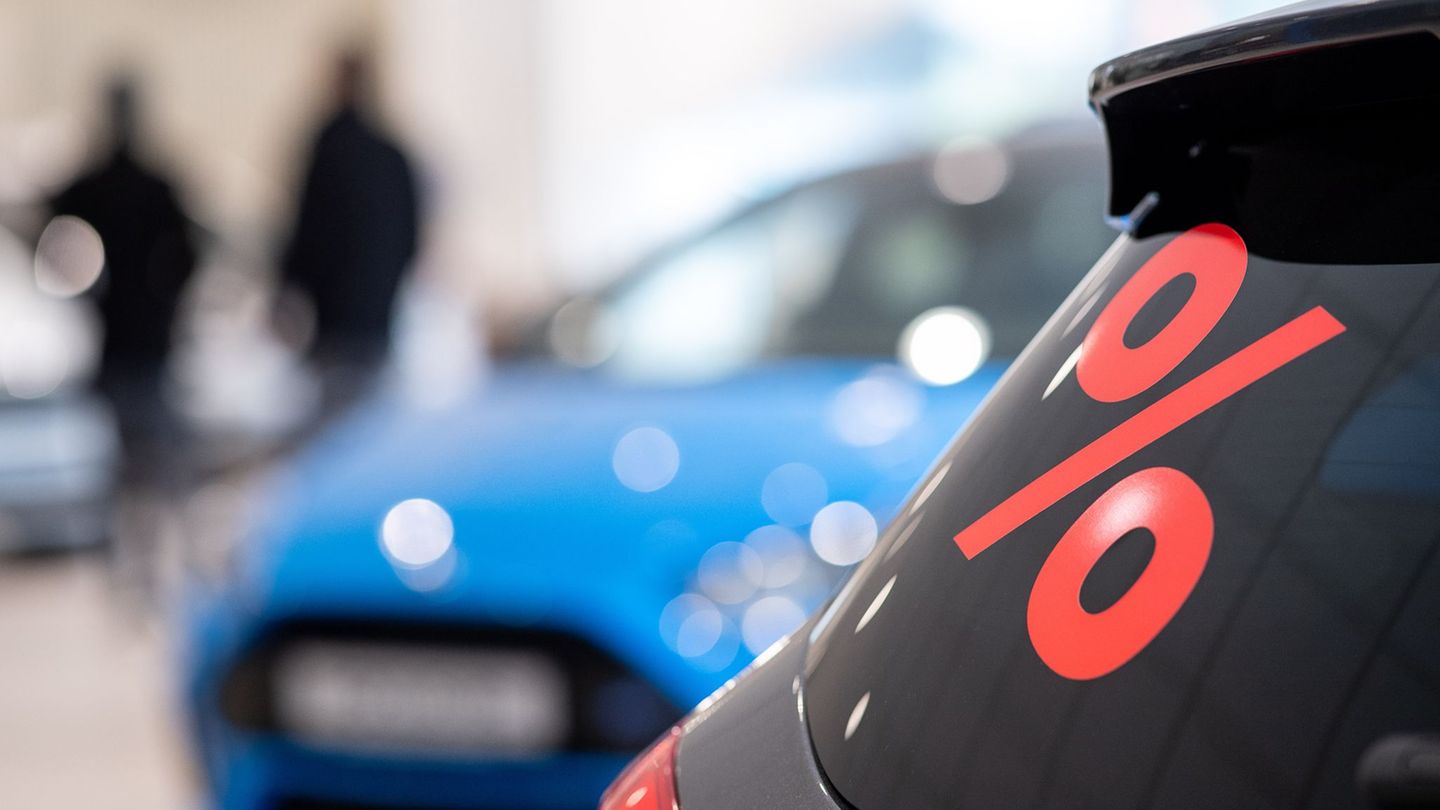Menu
Schufa annual evaluation: for the first time over ten million new installment loans
Categories
Most Read
Carlos Melconian warned that the agreement with the US only prolongs the life of the exchange market
October 13, 2025
No Comments
How can it impact the trade relationship with China?
October 13, 2025
No Comments
the tricks you have to know before buying at SHEIN
October 13, 2025
No Comments
discounts of up to 30%, refunds and interest-free installments
October 13, 2025
No Comments
a family needed almost $2 million to be middle class
October 13, 2025
No Comments
Latest Posts

Volodimir Zelensky will travel to the US in search of weapons and a meeting with Donald Trump
October 13, 2025
No Comments
October 13, 2025 – 20:47 The meeting between both leaders could take place this coming Friday. The president of Ukraine, Volodymyr Zelensky, anticipated a trip

Marcelo Moretti appeared in San Lorenzo, was insulted by fans and escaped in a patrol car
October 13, 2025
No Comments
The institutional chaos in Saint Lawrence added a new chapter this Monday, when Marcelo Moretti tried to resume the presidency after a court ruling that

TAMAR and the surety exceeded 70%
October 13, 2025
No Comments
Interest rates in pesos extended their upward trend at the beginning of this new week, in a context marked by the lack of liquidity in
24 Hours Worlds is a comprehensive source of instant world current affairs, offering up-to-the-minute coverage of breaking news and events from around the globe. With a team of experienced journalists and experts on hand 24/7.

